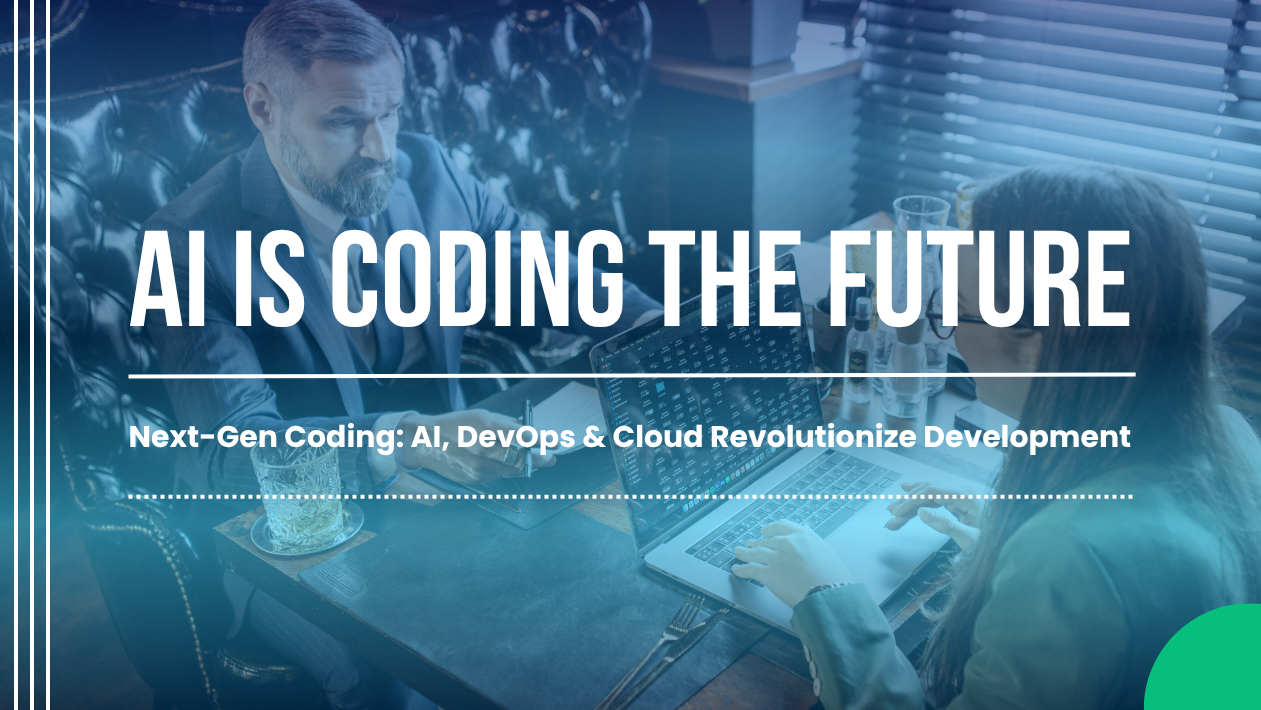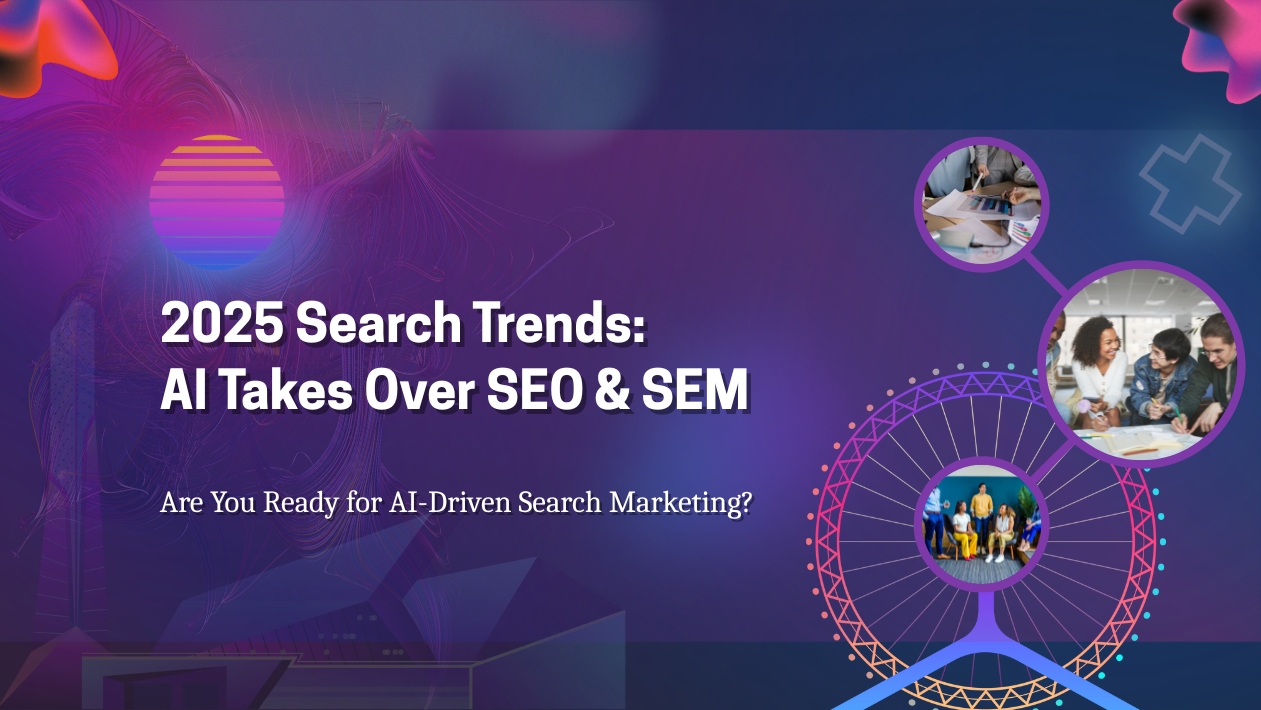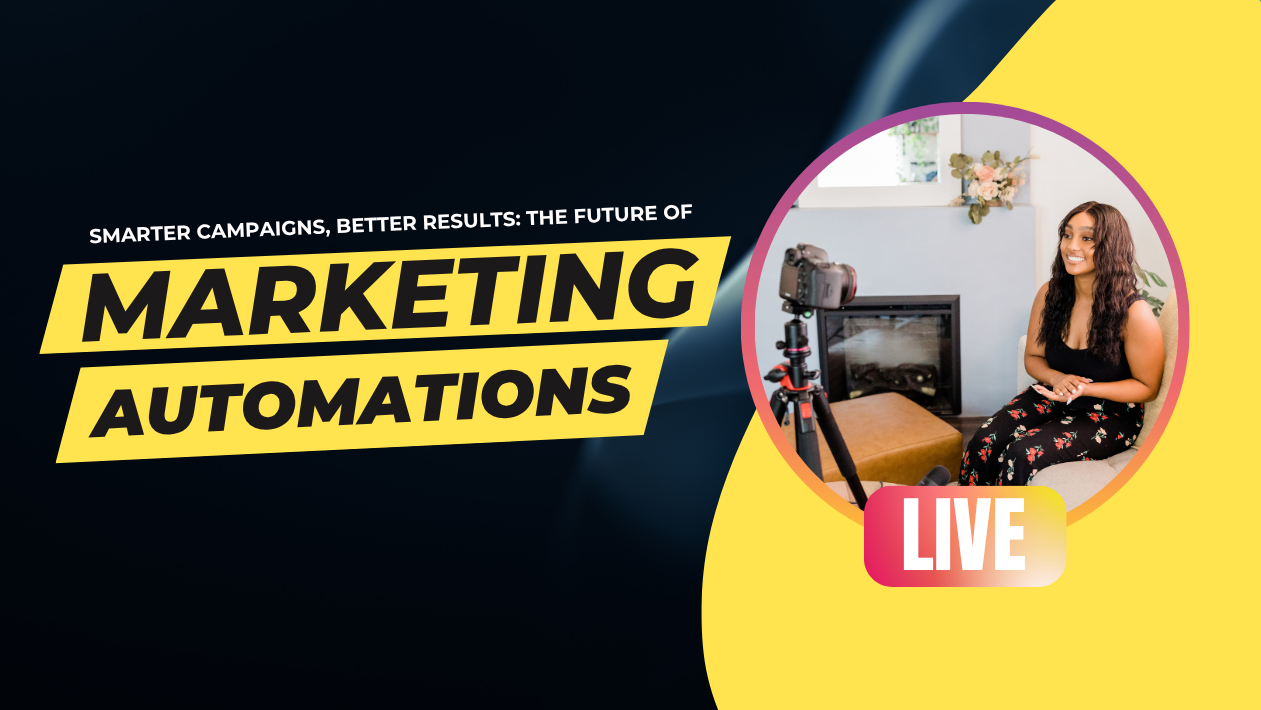The software development landscape in 2025 is undergoing its fastest transformation in decades, fueled by artificial intelligence, low-code/no-code platforms, and the shift toward cloud-native architectures. These innovations are accelerating release cycles, improving code quality, and opening development to a wider range of professionals.
AI-Powered Development Becomes Standard Practice
AI coding assistants such as GitHub Copilot, Amazon CodeWhisperer, and Tabnine are now integral to developer workflows. They help write, debug, and optimize code, reducing repetitive tasks and freeing developers to focus on architecture, security, and performance.
A recent Stack Overflow survey revealed that 72% of developers now use AI tools weekly, citing faster delivery and fewer bugs as the primary benefits.
Low-Code and No-Code Expand Development Access
Low-code platforms like OutSystems, Mendix, and Microsoft Power Apps are enabling business teams to create applications without extensive coding knowledge. This democratization is speeding up digital transformation and reducing dependency on IT backlogs.
However, experts caution that complex projects still require skilled developers to ensure scalability and security.
Cloud-Native and Microservices Lead the Architecture Shift
Organizations are increasingly moving away from monolithic applications toward cloud-native architectures powered by microservices and container orchestration tools like Kubernetes. This shift allows for greater scalability, modularity, and resilience.
“Cloud-native design enables rapid iteration and continuous delivery—both critical in today’s competitive market,” said Laura Chen, CTO at a global fintech firm.
DevSecOps Gains Momentum
Security is being embedded into every stage of the software lifecycle, with DevSecOps becoming the new standard. Automated vulnerability scanning, secure coding practices, and AI-driven threat detection are helping teams protect applications without slowing development.
Outlook: Faster, Smarter, and More Collaborative
The software development industry is set to continue evolving as AI models grow more sophisticated, developer collaboration tools mature, and automation streamlines operations. Companies that embrace these trends will be well-positioned to deliver innovative, high-quality products at speed.





